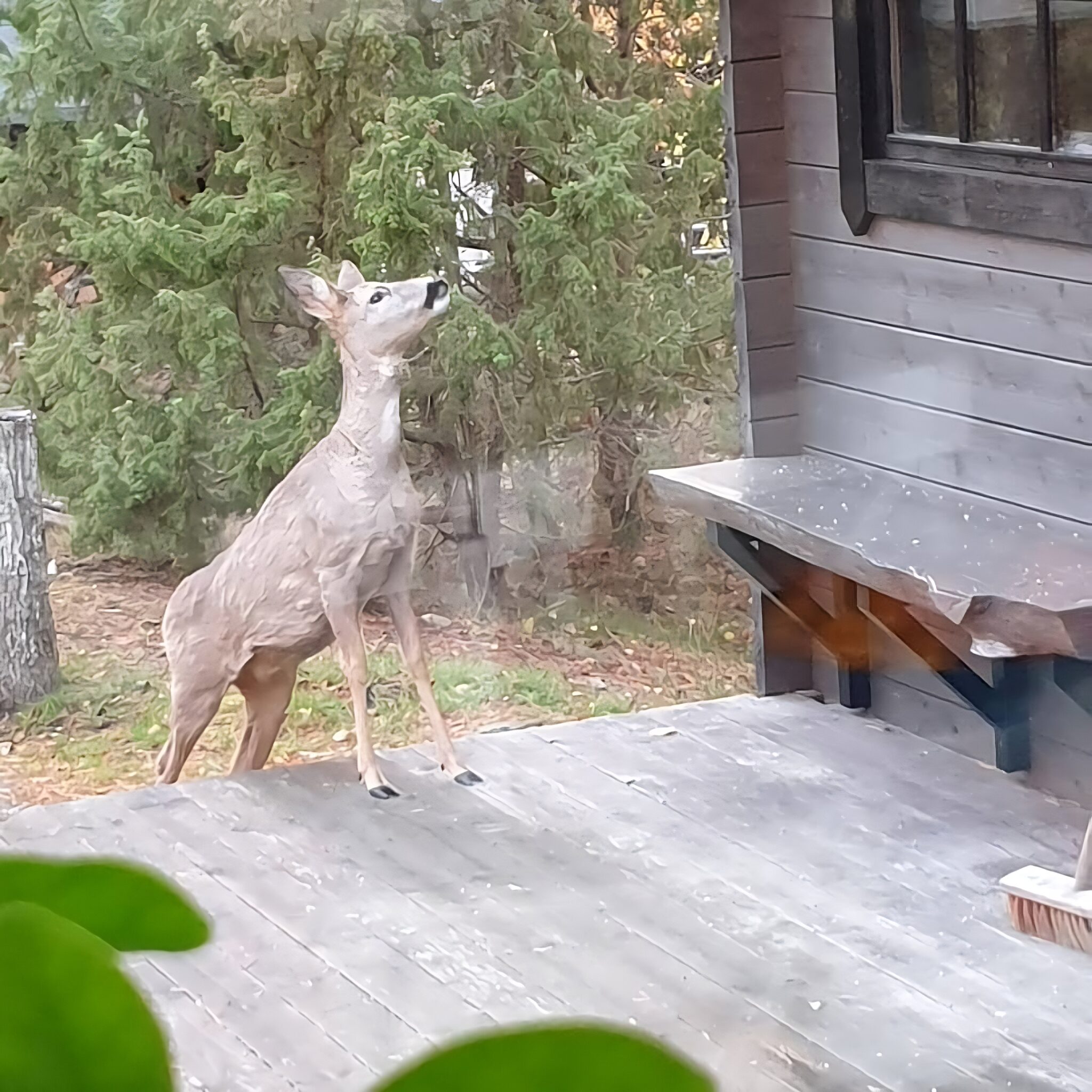You might be planning to grow vibrant Verbena in the spring but wondering about the deer damage. Be at ease! Deer are less likely to eat Verbena.
Besides, deer may sometime munch on Verbena when they fail to get other greens as food.
Is Verbena Deer Resistant?
Deers adore the smell of sweet corn and are driven more toward fragrances resembling ivy, blueberries, roses, tulip, and hydrangea.
Usually, grazers, including deer, are less likely to adore this sharp flavor and bitter taste of low-growing herbaceous Verbena.
Rather than towards Verbena, the acute sense of smell in deers detecting any order at least 425 yards away make them divert to other likable plants.
Moreover, gardeners having frequent deer visits grow varieties of Verbena, like Brazillian Verbena (Verbena bonariensis), as an unpalatable replacement.

So it wouldn’t be wrong to say that Verbena is generally deer resistant or deer do not eat Verbena unless they are starving and have no other plant options.
The resistant category includes Moss Verbena, Purple Verbena, and Lemon Verbena (Beebrush).
However, deer grazing on other plants can inadvertently cause damage to Verbena as they tend to trample and brush against the surrounding.
How to Keep Deers Away from Verbena?
It might not be unusual to encounter deer while driving around Texas, Pennsylvania, Mississippi, North Dakota, and Wyoming.
But these ruminants may sometimes visit your home garden for food, especially in winter when grasses are scarce.
And their visit brings in some foreseeable damage to your garden.
So, here are some tried and tested ways to keep your garden away from deer damage.
- Physical barriers: Use a wooden or metal fence at least 8 feet tall and bury the bottom of the fence several inches to prevent deer from jumping and digging under in search of bulbs. You can also individually plastic net plants or entire garden beds to keep deer from browsing them.
- Grow deer-resistant plants: Planting intensely aromatic deer-resistant annuals (cosmos, floss flower, dahlia, etc.) and perennials (lavender, sage, peonies, etc.) discourage deer incidence in your garden.
- Sound & Motion Deterrent: Deers are scared by sudden loud noises or flashing lights. Use devices like motion-activated sprinklers or ultrasonic repellers to create these types of stimuli.
- Use deer repellent: DIY a deer repellent spray by blending garlic, mint, and cinnamon in some water. You may also use commercial ones to make your plant less attractive to deer. It is important to reapply these repellents regularly, especially after rain or watering.
- Apply predator scent: Wolf and coyotes are deer’s natural predators. Spraying their urine repellent or spreading the urine granules around the garden before the deer develops a feeding pattern averts them from your place.
Note: It is important to note that no method is 100% effective in keeping deer away. Hungry or curious deer may still find their way to your Verbena plants. Therefore, it is recommended to use a combination of the above method to protect your garden from deer.
From Editorial Team
Unlike any normal pests, controlling deer can sometimes be nerve-wracking.
But ensure you avoid capturing and relocating deer without a proper permit, as it is illegal in many states.
Instead, contact a local wildlife management agency if the deer invasion worsens.


